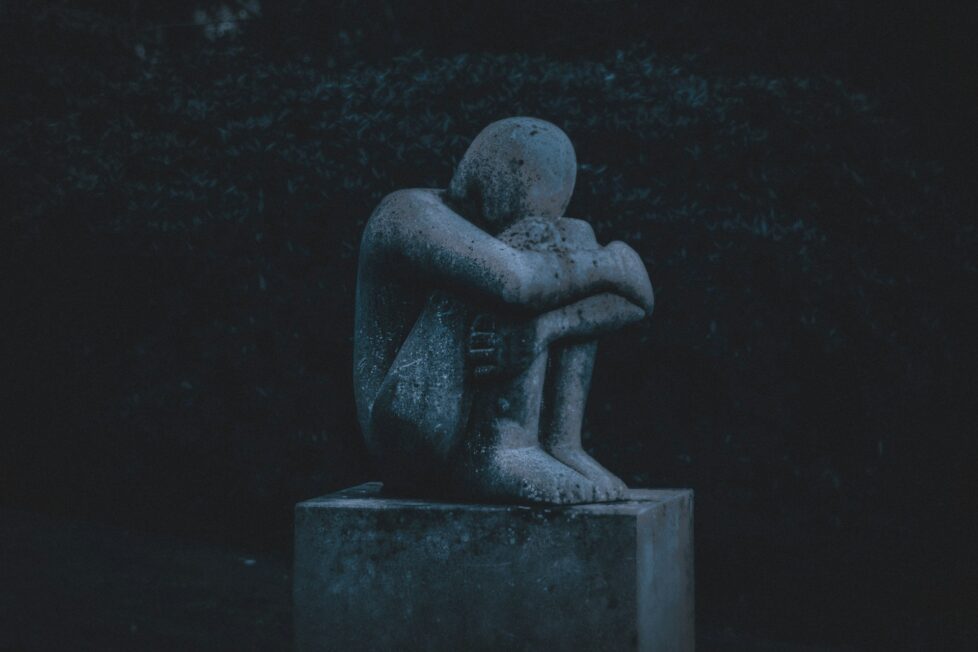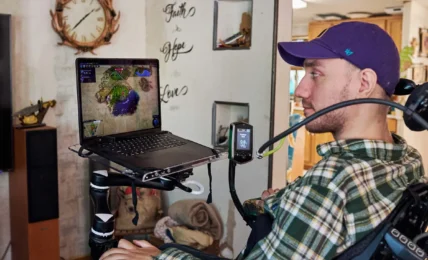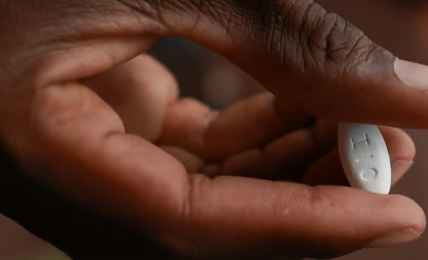75% of Kenyan Youth Are Battling Unnoticed Depression as Pressure to Succeed Grows
Mental health experts have long warned that Kenya’s youth are suffering a silent epidemic. A 2022 UNICEF study revealed that 44.3% of adolescents experience mental health challenges, while 12.2% have diagnosable disorders. The World Health Organization (WHO) estimates that 75% of Kenyans with mental illness never receive treatment due to stigma, lack of resources, and cost.








